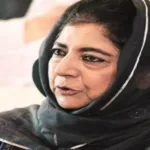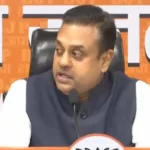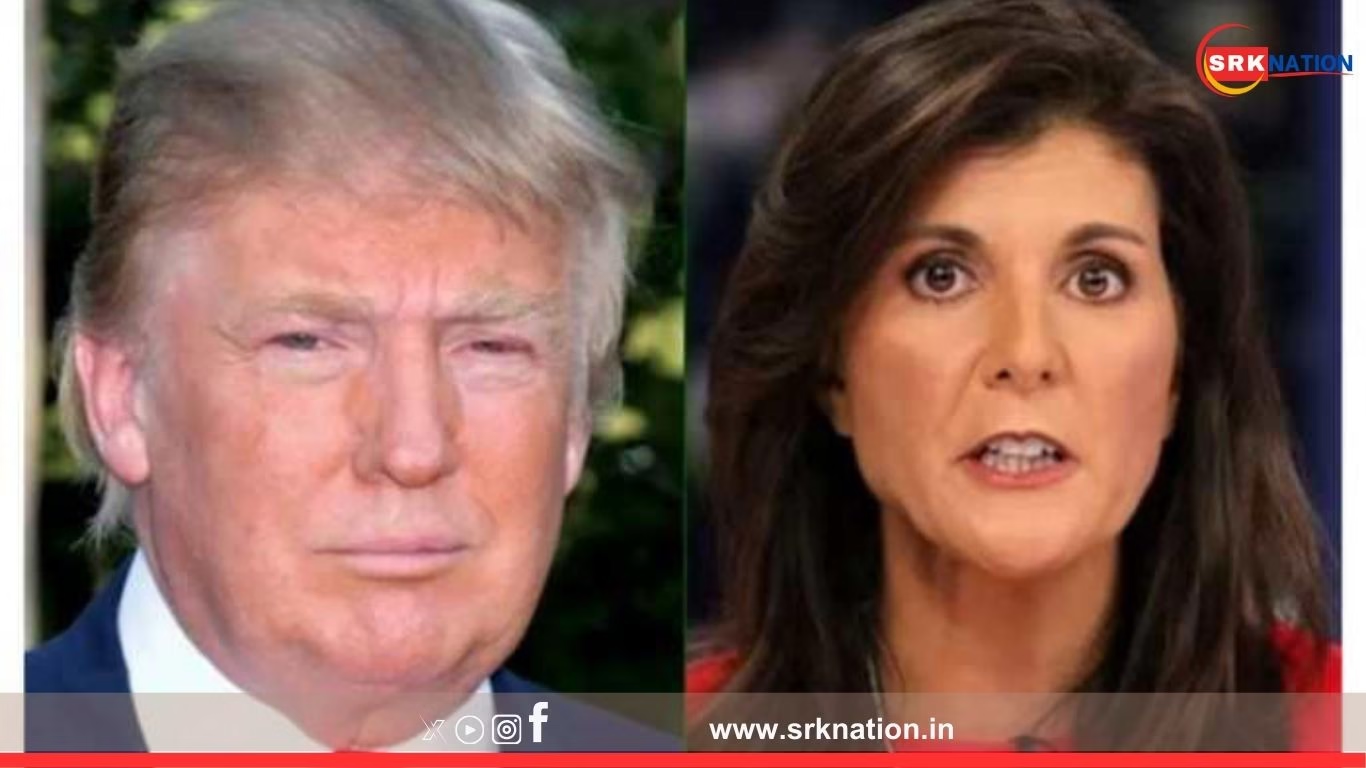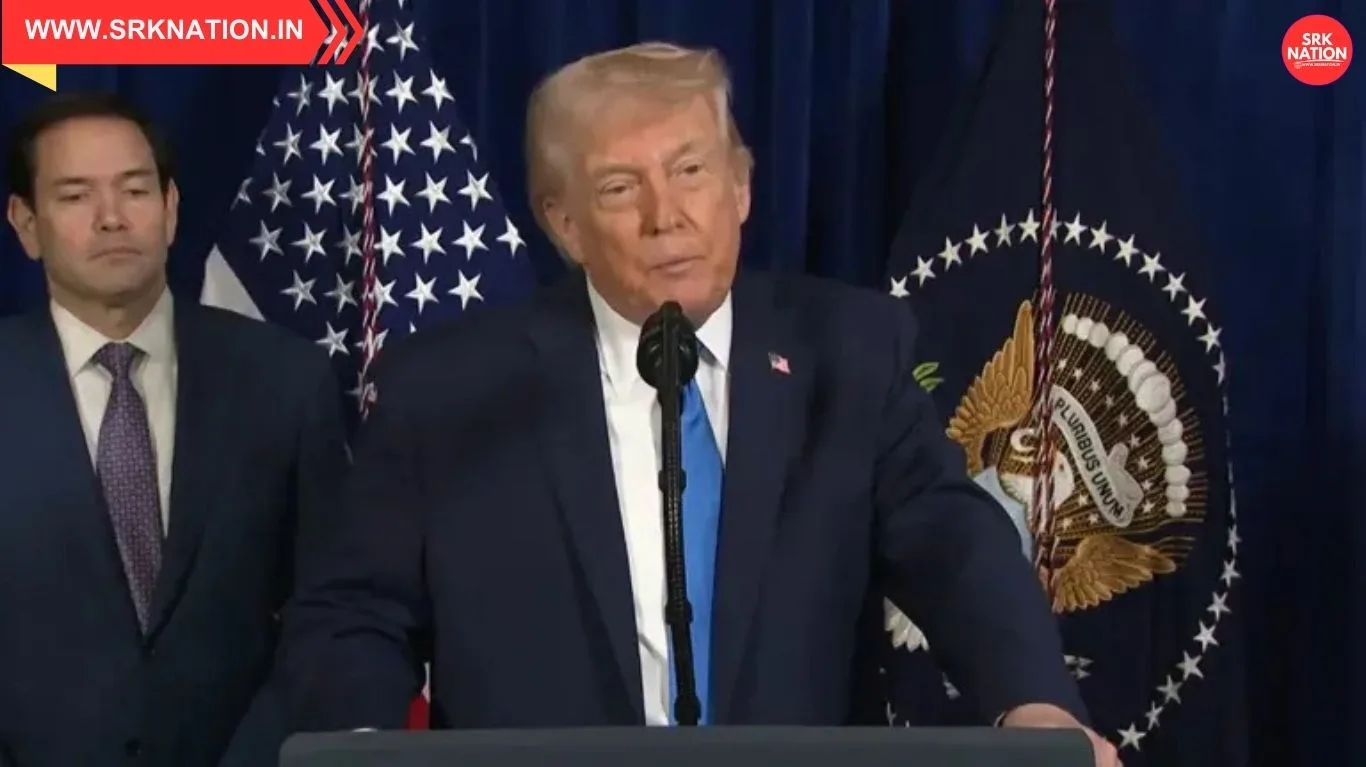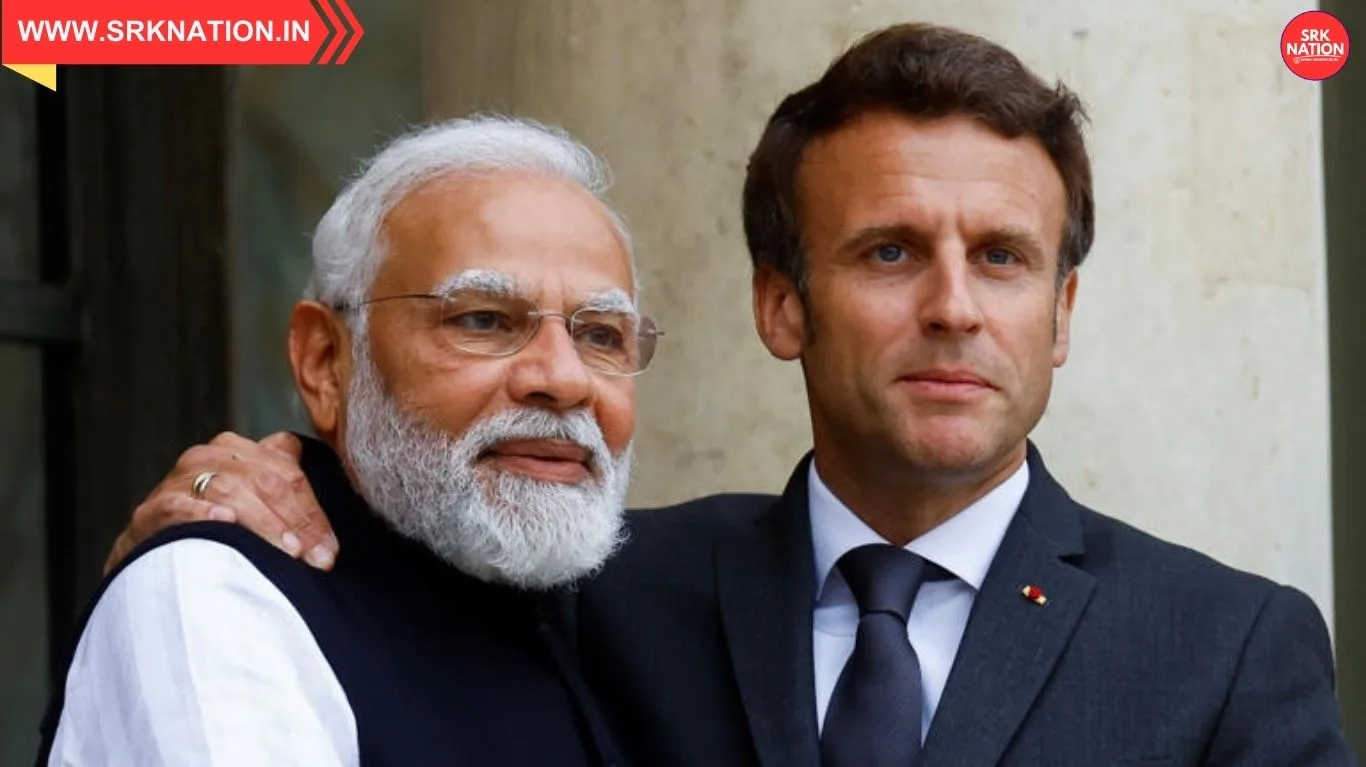Former U.S. Ambassador to the United Nations Nikki Haley has called on President Donald Trump to reconsider his administration’s aggressive tariff stance against India, urging him to treat the South Asian nation as a “prized partner” rather than a trade adversary. Her remarks come amid growing diplomatic unease over Washington’s proposed 50% tariffs on Indian goods linked to Russian oil imports—a move that has triggered concern in New Delhi and sparked debate in Washington.
Haley, who has long advocated for stronger U.S.-India ties, made her appeal during a policy roundtable hosted by the Hudson Institute on August 20, 2025. She emphasized India’s strategic importance in countering China, securing global supply chains, and promoting democratic values in the Indo-Pacific region.
🧭 Haley’s Strategic Argument: India Is Not the Enemy
Haley’s comments were pointed and timely. She warned that treating India as a “trade violator” could undermine decades of bipartisan progress in building a robust U.S.-India partnership.
“India is not the enemy. It’s a prized partner in our fight against authoritarianism, in securing supply chains, and in promoting peace in the Indo-Pacific,” Haley said.
She urged the Trump administration to differentiate between tactical trade disputes and long-term strategic alignment, especially as India continues to diversify its energy imports and expand its defense cooperation with the U.S.
| Haley’s Key Points | Strategic Implications |
|---|---|
| India as a democratic ally | Supports Indo-Pacific stability |
| Counterweight to China | Enhances U.S. strategic posture |
| Energy diversification | Reduces dependence on sanctioned sources |
| Trade friction vs strategic trust | Risks long-term diplomatic fallout |
Haley also cited India’s recent sovereign rating upgrade and its inclusion in global bond indices as signs of economic maturity and global trust.
⚠️ The Tariff Row: What’s at Stake
The Trump administration’s proposed 50% tariff on Indian goods—up from the current 25%—is part of a broader effort to penalize countries that continue to import Russian oil. India, which has maintained its energy ties with Moscow citing affordability and strategic autonomy, has been one of the largest buyers of discounted Russian crude since 2022.
| Tariff Type | Previous Rate | Proposed Rate | Targeted Goods | Impact on India |
|---|---|---|---|---|
| Base Tariff | 25% | 50% | Crude-linked exports | High |
| Apparel-Specific | 9–13% | Up to 60% | Garments, textiles | Severe |
| Seafood & Shrimp | 20% | 45% | Aquaculture exports | Moderate |
India has responded by suspending cotton import duties and exploring alternative export markets, but the tariff escalation threatens to disrupt bilateral trade, which crossed $190 billion in FY25.
🧠 Haley’s Policy Recommendations
Haley proposed a three-pronged approach to recalibrate U.S.-India trade relations:
- Strategic Dialogue: Initiate high-level talks to separate energy-related concerns from broader trade cooperation.
- Tariff Reassessment: Freeze tariff hikes until after the U.S. elections and reassess based on India’s compliance with global norms.
- Joint Energy Framework: Develop a U.S.-India energy partnership to reduce reliance on Russian oil and promote clean alternatives.
| Recommendation | Objective | Implementation Timeline |
|---|---|---|
| Strategic Dialogue | De-escalate trade tensions | Q3 FY26 |
| Tariff Freeze | Avoid diplomatic fallout | Immediate |
| Energy Partnership | Promote clean energy collaboration | FY26–FY27 |
Haley emphasized that punitive tariffs could alienate India at a time when Washington needs reliable partners to counter China’s growing influence.
🌍 India’s Strategic Importance: A Global Perspective
India’s role in global geopolitics has expanded significantly in recent years. From hosting the G20 Summit to leading the Global South dialogue, New Delhi has positioned itself as a key player in shaping multilateral frameworks.
| Sector | India’s Global Role |
|---|---|
| Defense | Major U.S. arms buyer, Quad member |
| Energy | Diversified imports, clean energy push |
| Technology | Semiconductor and AI collaboration |
| Trade | $190 billion bilateral trade with U.S. |
| Diplomacy | G20, BRICS, Global South leadership |
Haley argued that alienating India could push it closer to alternative blocs like BRICS+, undermining U.S. influence in Asia.
📊 U.S.-India Trade Snapshot
| Metric | FY24 Value | FY25 Estimate | Growth Trend |
|---|---|---|---|
| Bilateral Trade Volume | $182 billion | $190 billion | +4.4% YoY |
| U.S. Exports to India | $65 billion | $68 billion | +4.6% YoY |
| Indian Exports to U.S. | $117 billion | $122 billion | +4.3% YoY |
| Tariff-Affected Goods | $28 billion | $35 billion | +25% YoY |
The proposed tariffs could impact nearly $35 billion worth of Indian exports, including textiles, pharmaceuticals, and seafood.
🧠 Expert Commentary
Trade and strategic experts have echoed Haley’s concerns. Former U.S. Trade Representative Michael Froman stated:
“India is a strategic partner, not a trade rival. Tariffs should be a last resort, not a first response.”
Indian diplomat Navtej Sarna added:
“Haley’s intervention is timely. It reminds both sides of the bigger picture—strategic trust and shared values.”
📌 Conclusion
Nikki Haley’s call for President Trump to treat India as a “prized partner” amid the escalating tariff dispute is a powerful reminder of the strategic depth of U.S.-India relations. As trade tensions threaten to overshadow decades of diplomatic progress, Haley’s intervention offers a roadmap for recalibration and renewed engagement.
With elections looming in both countries and global challenges intensifying, the need for strategic clarity and mutual respect has never been greater. Whether Washington heeds Haley’s advice could shape the future of one of the world’s most consequential partnerships.
—
Disclaimer: This article is based on publicly available policy statements and trade data as of August 21, 2025. It is intended for informational purposes only and does not constitute official diplomatic or economic advice.


